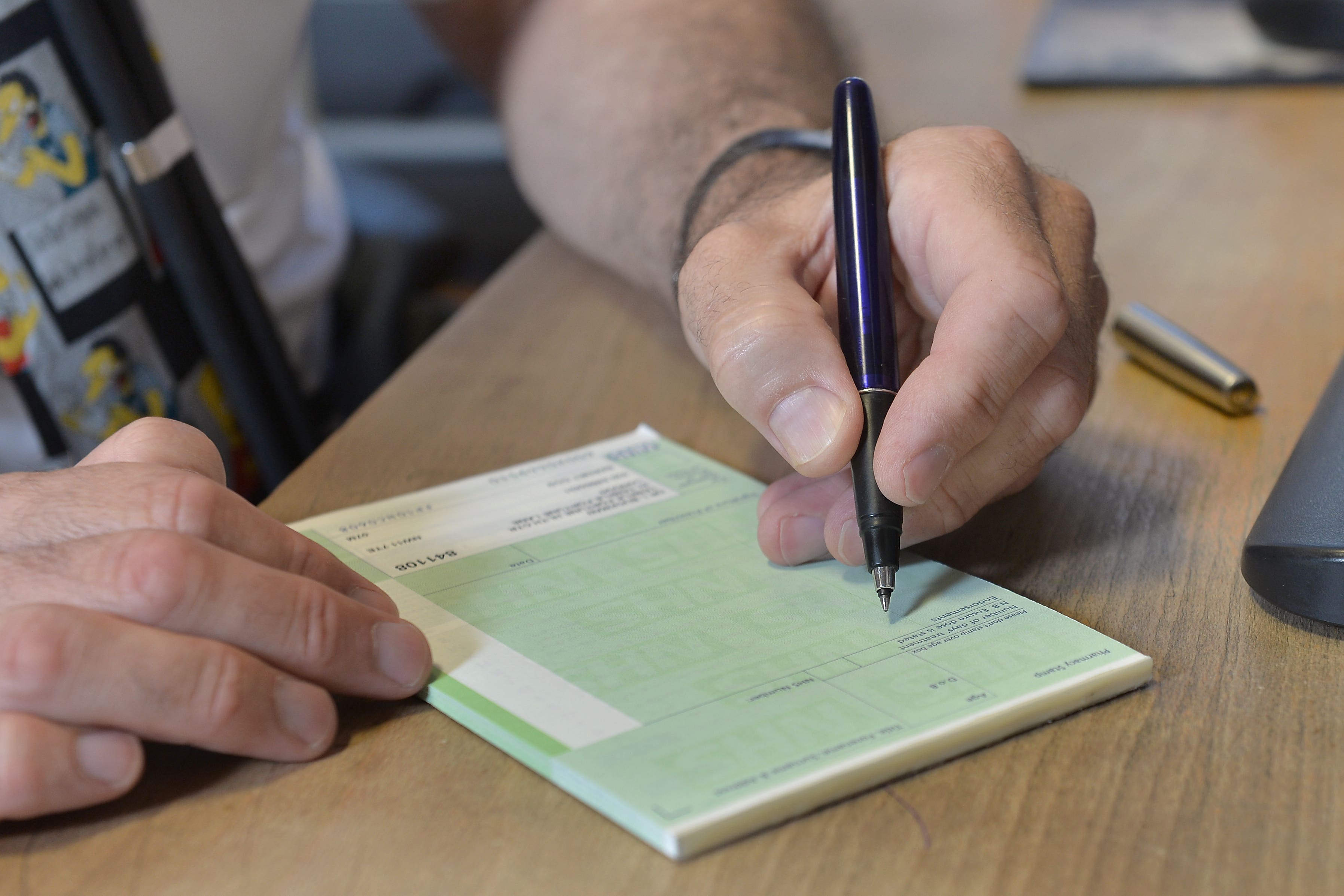Emerade adrenaline pens recalled ‘after potential faults detected’
The medicines regulator has urged patients to return Emerade 300 and 500 microgram adrenaline pens to their local pharmacies.

Your support helps us to tell the story
From reproductive rights to climate change to Big Tech, The Independent is on the ground when the story is developing. Whether it's investigating the financials of Elon Musk's pro-Trump PAC or producing our latest documentary, 'The A Word', which shines a light on the American women fighting for reproductive rights, we know how important it is to parse out the facts from the messaging.
At such a critical moment in US history, we need reporters on the ground. Your donation allows us to keep sending journalists to speak to both sides of the story.
The Independent is trusted by Americans across the entire political spectrum. And unlike many other quality news outlets, we choose not to lock Americans out of our reporting and analysis with paywalls. We believe quality journalism should be available to everyone, paid for by those who can afford it.
Your support makes all the difference.The medicines regulator has urged patients to return Emerade 300 and 500 microgram adrenaline pens to their local pharmacies because some may fail to or prematurely activate if dropped.
Patients, or carers of patients, should “immediately” contact their GP, obtain a prescription for, and be supplied with, an alternative brand before returning the Emerade auto-injector pens, the Medicines and Healthcare products Regulatory Agency (MHRA) said.
Data from openprescribing.net, shared by the regulator, shows the Emerade pens were prescribed 20,256 times in England between March 2022 and February 2023.
Patient safety is our top priority
Pharmacies can also help with obtaining new prescriptions and dispensing new pens, which will either be EpiPen or Jext brands.
Patients should ensure they know how to use replacements as brands work differently, the MHRA said.
The “precautionary recall” comes as activation failure and premature activation were detected, during a design assessment conducted by the manufacturer, in “some” 300 and 500 microgram Emerade auto-injector pens that had been dropped.
The activation issues could lead to a dose of adrenaline failing to be delivered or delivered too early.
We are taking prompt action to protect patients, following detection of damage to internal components of the Emerade pens if they are dropped, which may mean they activate too early or fail to activate and deliver adrenaline
The regulator also warned that exposure to temperatures above 25C may increase the risk of pen failure and urged people not to place Emerade pens near a radiator or fire.
Dr Alison Cave, MHRA chief safety officer, said: “Patient safety is our top priority.
“We are taking prompt action to protect patients, following detection of damage to internal components of the Emerade pens if they are dropped, which may mean they activate too early or fail to activate and deliver adrenaline.
“The Department for Health and Social Care has confirmed that there are appropriate supplies of EpiPen or Jext adrenaline pens available for patients across the UK, however, patients will need to request a new prescription.
“Patients are reminded to carry two pens with them at all times as normal and to contact their healthcare professional when a replacement is due.”
Emerade is a brand of adrenaline auto-injector pen for the emergency treatment of anaphylaxis.